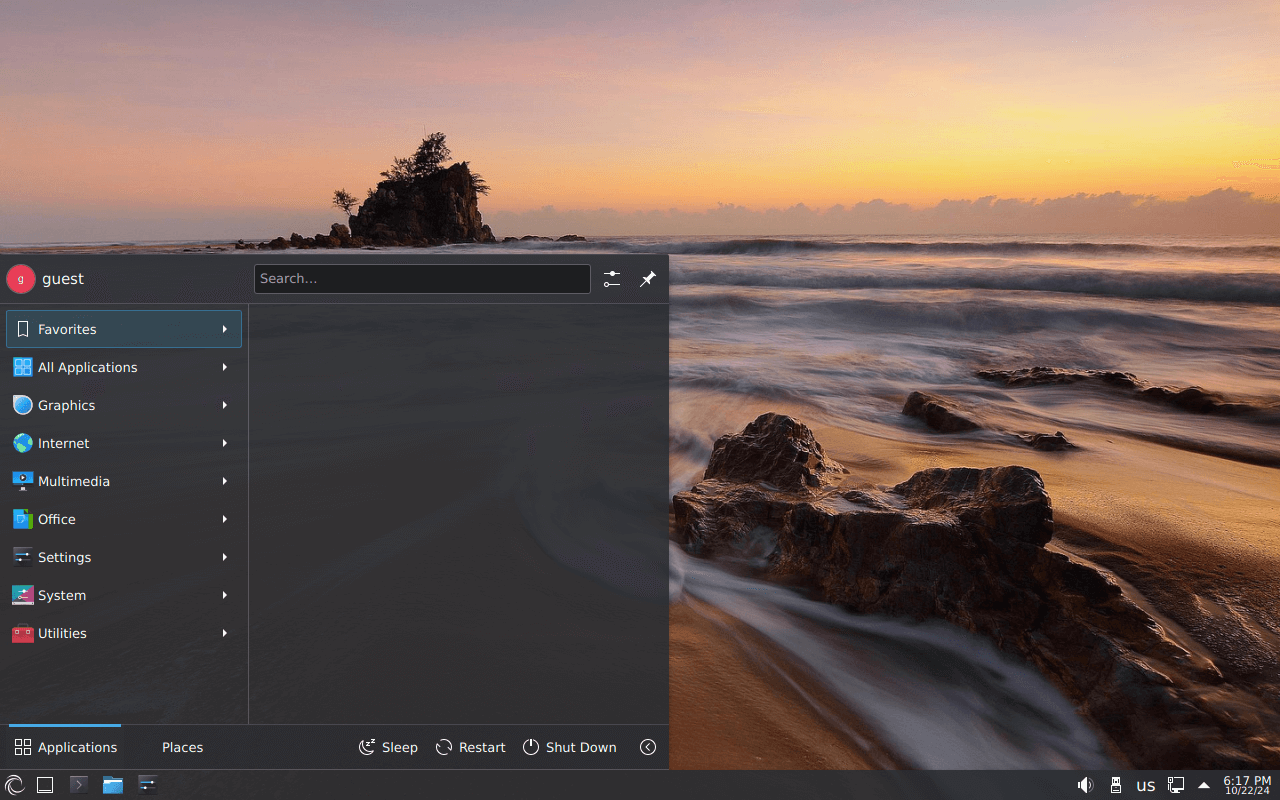Porteus is a Linux distro that is optimized to run from CD, USB flash drive, hard drive, or other bootable storage media. It’s based on Slackware.
It’s small (under 300Mb) and fast which allows you to start up and get online while most other operating systems are left spitting dust. Porteus comes in both 32 and 64 bit and aims to keep on the bleeding edge.
Porteus started out as a community remix project to keep the Slax OS up to date. It has now come into its own as a fully-fledged Linux distribution.
Unlike a standard Linux installation, Porteus exists in a compressed state on your storage media, with no /root, /bin, /usr, etc. directory structure on the media itself. The familiar Linux file structure is created on the fly (i.e., ‘live’) in your computer’s RAM during the boot process, which only takes about 20-30 seconds to get from pressing the power button to full productivity on a relatively new computer. Porteus is modular in design.

| Working state: | Active |
| Desktop: | Cinnamon, GNOME, KDE Plasma, LXDE, LXQt, MATE, Openbox, XFCE |
| Init Software: | SysV |
| Package Management: | TXZ |
| Release Model: | Fixed |
| Platforms: | x86_64, x86 |
| Home Page: | www.porteus.org |
| Developer: | Team Porteus |
| This article is part of our Big List of Active Linux Distros which is currently under development. |
What's a Linux distribution ("distro")? |
| A distro provides the user with a desktop environment, preloaded applications, and ways to update and maintain the system. Each distro makes different choices, deciding which open source projects to install and provides custom written programs. They can have different philosophies. Some distros are intended for desktop computers, some for servers without a graphical interface, and others for special uses. Because Linux is an open source operating system, combinations of software vary between Linux distros. |
